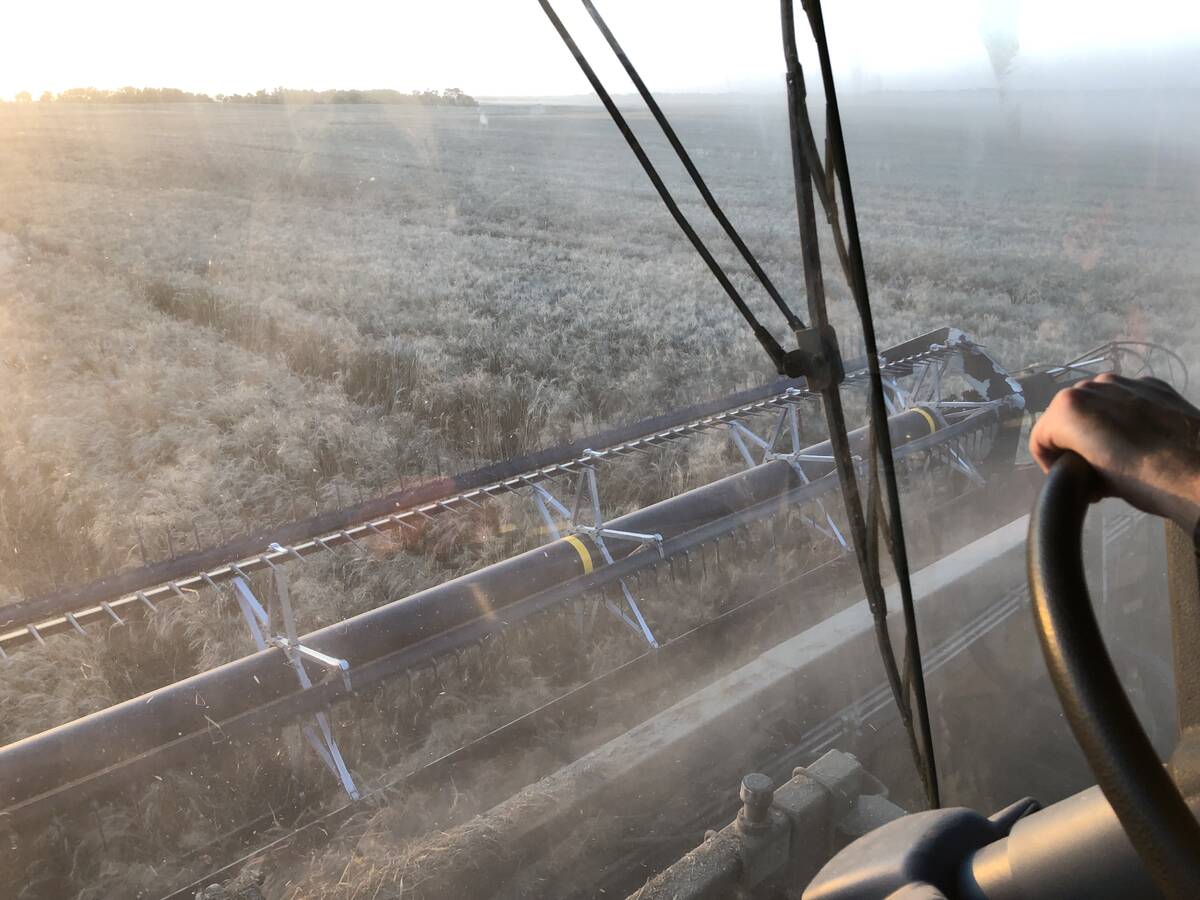It may not have been the Manitoba government’s intention, but it has found an effective way to block Hutterite colony development with its ban on new hog barns.
A number of colonies that were thinking of sending some of their populations to set up new settlements can’t move ahead while the moratorium stands, said a Hutterite leader.
And the ban will hurt existing colonies’ ability to be economically efficient.
“There are colonies that have been shipping isoweans to the United States that were thinking of setting up some finishing spaces, but this causes a standstill,” said James Hofer of the Starlite colony near Starbuck, Man.
Read Also

Mail strike disrupts grain sample delivery
The Canadian Grain Commission has asked farmers to consider delivering harvest samples directly to CGC offices, services centres or approved drop offs as Canada Post strike delays mail.
“They’ll have to keep exporting all of their animals.”
Hog production in Manitoba has massively increased in the past decade, a period that followed the ending of the Crow Benefit transportation subsidy.
To Hutterites, the increased cost of transporting grain led to increased hog production that became key to economic sustainability.
“It’s a natural fit, what with the way that the Crow Rate grain transportation has gone,” said Hofer.
“It only makes sense to try to walk that grain off the farm.”
But now the hog barn ban is affecting Manitoba Hutterite plans.
The Hutterite community has survived for half a millennium, often under persecution, by clinging to its fundamental beliefs.
One common practice is to divide a colony after the population surpasses a certain point, often 120 people. Hutterites have found that their communal system of living works best when all members know each other well and can rely upon mainly informal relationships to regulate their community.
When the group grows too large, that way of doing things becomes difficult.
A number of Manitoba colonies will soon need to divide, Hofer said, but that is a complex process, and new colonies need both a land base and the ability to set up livestock operations in order to be economically viable.
Hofer said he doesn’t think the provincial government realizes how disruptive its ban may become if it is not lifted soon.
“They should be a little realistic and think this through a little better before doing something like this,” said Hofer.
“Where are the consultations? We’ve always been willing to talk. Why does the government just refuse to have consultations? It’s hardly fair.”

















